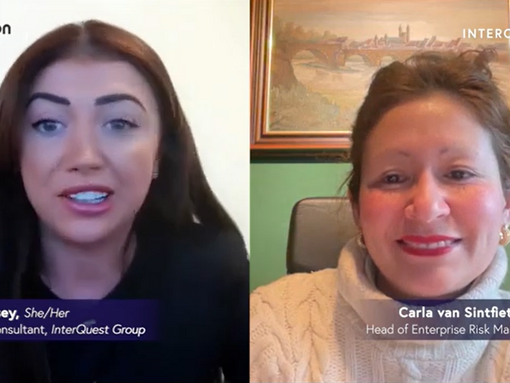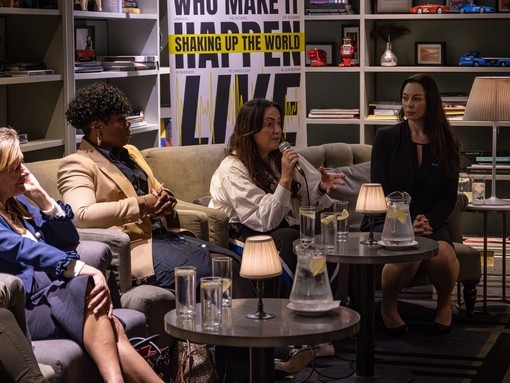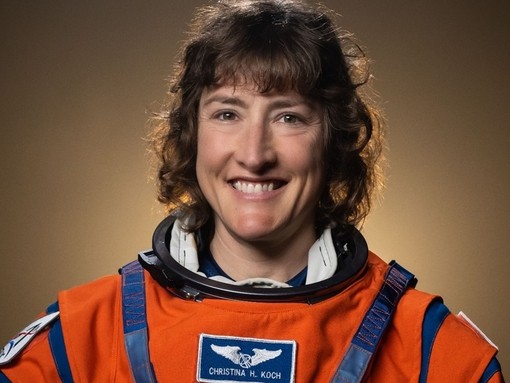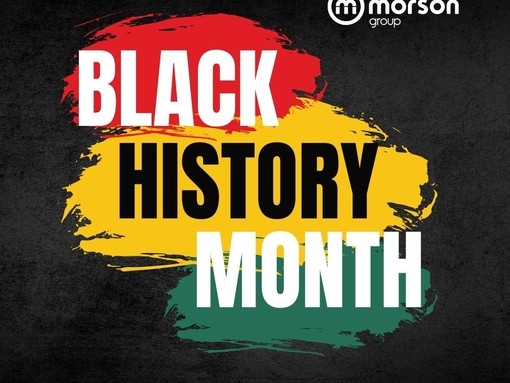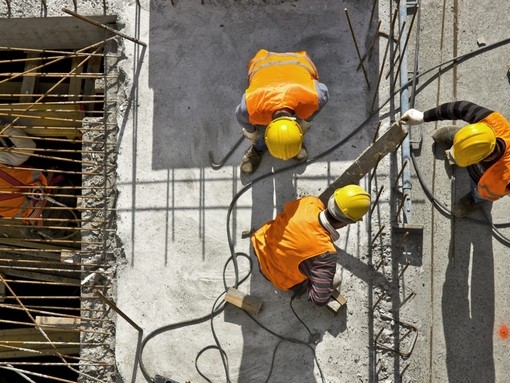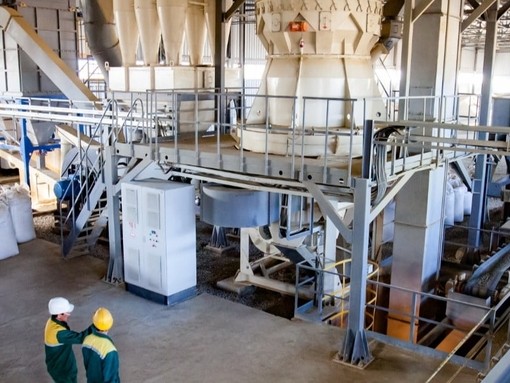
Balfour Beatty's Amanda McKay talks LGBT diversity in engineering
We sat down to talk to Major Projects Quality Director at Balfour Beatty, Amanda McKay, to discuss her varied career and the challenges she faces as a transgender woman.
Amanda started her career with a passion for geology and after securing her degree she worked as a mining engineer. Her career trajectory took a turn as she then spent 15 years in the army serving in Northern Ireland and Iraq, followed by 22 years as a special constable.
Years of wide and varied experience led back to her engineering roots and with Balfour Beatty she now specialises in nuclear new build developments.
As Major Projects Quality Director she leads a team of engineers, working on some of the most innovative projects in the UK such as Hinkley Point C.
Speaking about her decision to find the courage to become Amanda 5 years ago, we discussed the barriers she experienced with regards to job opportunities and her career prospects:
“One of my biggest fears was that in transitioning I would basically put myself off the job market and my career would either stagnate or end.”
Amanda discussed how she was faced with ‘a glass ceiling’ in her previous role, not only because she was transgender but because she was female. Attracting a more diverse employee demographic has become a major priority for many organisations, particularly those in traditionally male-dominated sectors such as engineering, nuclear, IT and construction. But the drive to improve gender balance has to go beyond lip service or diversity targets; it must be embedded in a company’s employment culture.
She describes how she was unfairly confronted with rejected applications for many roles in the construction industry, even though she had unquestionable experience and dedication to her profession.
I had a CV which I’d never failed to get at least an interview with. 20 jobs I’ve applied for in my life and I’ve got 15 of them, which I think is a pretty good strike rate. All of a sudden my CV didn’t open doors. Interviews were more of a curiosity pitch and that was really really challenging.
All of a sudden she was faced with a CV that instead of opening doors, unfortunately, had the opposite effect. That was until she decided to make the move and join Balfour Beatty.
She explains:
“On joining Balfour Beatty, I found they had a completely different attitude, they recruited me because of my skill set and for what I brought to the company.”
We asked Amanda, what does inclusivity mean to you?
“Really what it means is that everybody has a say, everybody is treated equally in an organisation and it doesn’t matter who they are or where they come from or how they identify, they are part of the team.”
Looking forward, Amanda has a range of career ambitions and she talks to us about the opportunities that HS2 and Hinkley Point C will bring:
Most of my work at the moment is around nuclear new-build of which there’s really only one project in the UK (Hinkley Point C). If it gains a little bit more traction and the other projects start then I see myself as leading a larger team doing what I’m doing now probably on multiple new build projects. If it doesn’t, I think we’ll be moving back towards our core work around decommissioning nuclear projects. But I also now look after Balfour Beatty tunneling projects and our HS2 work as well, so I’ve got a number of strands not just doing nuclear as I did when I started with Balfour Beatty. HS2 will be an interesting project as will some of the tunnelling one. We’re working on the Thames Tideway project in London which is currently a television show on BBC Two about the early years that’s been challenging but very interesting.
Morson is committed to creating a truly inclusive environment for all employees, clients and candidates. We’ve already signed the ‘Inclusive Culture Pledge’ developed by diversity consultancy, EW Group, to help companies of all kinds to focus on areas of their business that will help them create a stronger working environment where diversity and inclusivity are prioritised and empowered. The move is designed to help us continue to implement the positive continuous change needed to achieve our goal of doubling the number of female contractors we hire by 2020.
Gender diversity in the workplace has come a long way since the era of the typing pool and the all-male boardroom but there’s still a long way to go. Even just starting conversations surrounding diversity in the workplace can go a long way into implementing the real change that is required. At Morson, we’re clearly focused on making that positive change happen, for our own business and our clients.
Watch the full video to find out more about Amanda’s inspirational journey and her thoughts on diversity in the workplace. To get #MoreFromMorson including our latest updates, blogs and news follow @MorsonGroupon Twitter.

